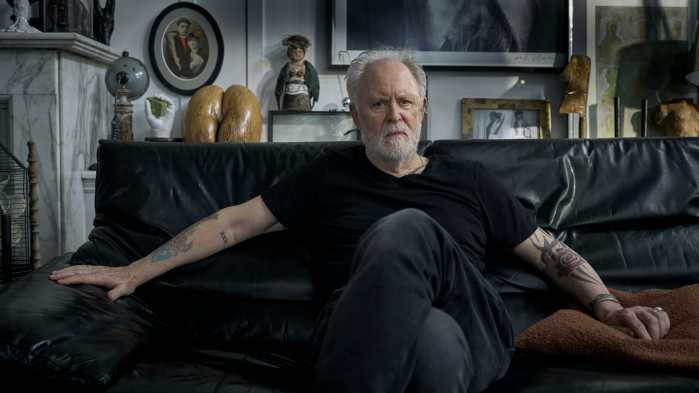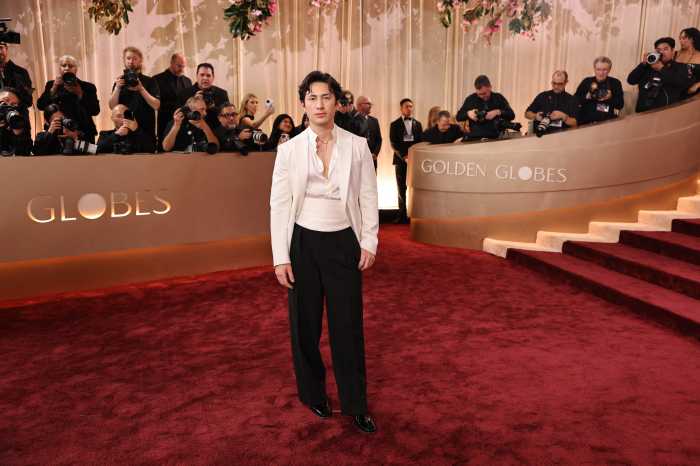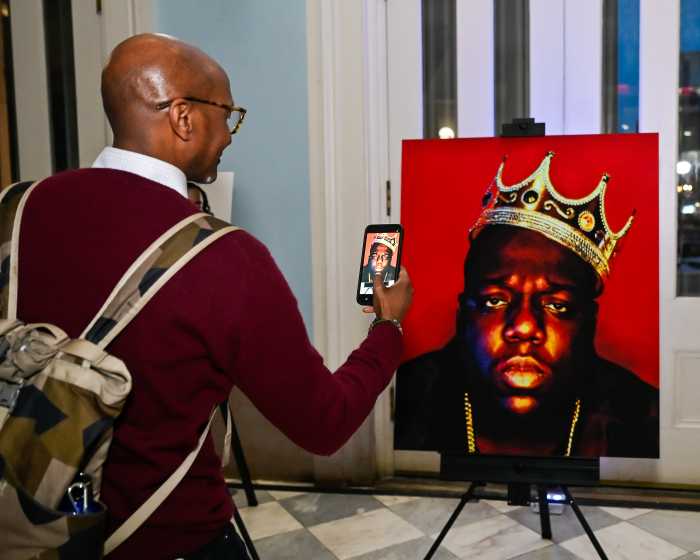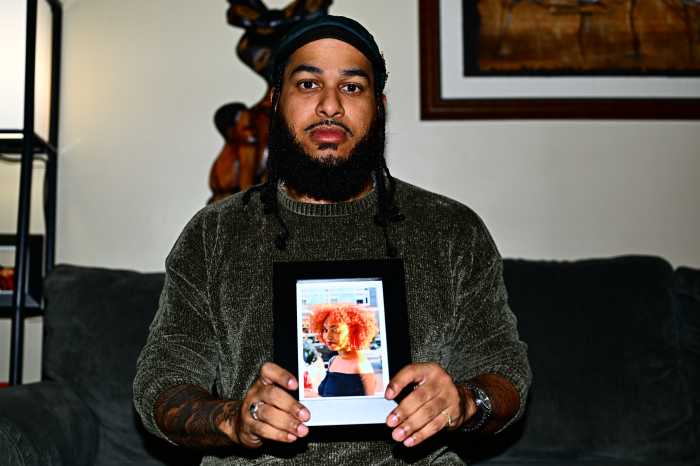Lisa Cortés’ documentary “Little Richard: I Am Everything” tells the life story of rock’n’roll singer/pianist Little Richard in chronological order, but the ending carries as much bite as its vision of the 1950s. Little Richard appeared at the Grammys in 1987, presenting the Best New Artist award. Opening the envelope, he says “the best new artist is me.” It’s not just a joke; the anger at an industry which marginalized him bleeds through. (He mentions that his co-presenter, former New York Dolls singer David Johansen, copied his pompadour hairstyle.) He was ripped off by record labels and white musicians, while only getting honor as a legacy act. In several such appearances, he comes off as both terribly weary and proud of his achievements.
Author Jason King, one of Cortés’ interview subjects, says Little Richard “was very good at liberating other people through his example, he was not good at liberating himself.” Little Richard’s life story complicates a story of queer heroism. He went back and forth about identifying as gay. In a clip from David Letterman’s talk show, he told the talk show host, “I’m not gay now, but I was gay all my life.” “Little Richard: I Am Everything” reveals that he entered a conservative Christian college as early as 1957, after witnessing an apparent fireball following a difficult plane ride in Australia. Guilt and shame followed him. Even as a preacher, his flamboyance persisted.
“Little Richard: I Am Everything” combines archival footage with interviews featuring present-day talking-heads. Most of the latter are Black scholars. For some reason, Tom Jones pops up to speak about Little Richard; John Waters, who adopted his pencil mustache, does a much better job of explaining the singer’s appeal to white youth. The film looks fairly straightforward, but its strengths lie in re-telling Little Richard’s life story while reflecting on its cultural significance. (The handful of contemporary musicians’ performances of Little Richard songs are too staid, especially compared to period footage.) He lived a life of constant change, and Cortés’ film allows its contradictions to exist.
To pick one paradox from Little Richard’s life, he may have exaggerated his persona as a wildly femme queen in the mid ‘50s to seem less threatening to the fathers of the white girls throwing their panties onstage at him. The documentary fills in the origins of rock’n’roll. While it’s not groundbreaking at this point to honor lesbian gospel singer Sister Rosetta Tharpe, whose electric guitar playing laid the path for countless rock artists to come, it also places Little Richard in the context of other queer performers like Billy Wright and Esquerita, who influenced him. It lays out how quickly the music industry co-opted his energy, with cover versions by Elvis Presley and a painfully lifeless Pat Boone.
As a work in film rather than a written biography, “Little Richard: I Am Everything” gets a boost from the fact that it can show us his image and let us hear his voice. Without wanting to detract from his music, his visual presentation was as revolutionary as his sound. Since it was made three years after his death, Cortés was not able to interview him directly, but she includes a wide range of footage from the course of his life. The montage she creates to “Tutti Frutti,” with flowers blooming and galaxies exploding in quick cuts as Little Richard plays, attempts to convey the song’s orgasmic impact on the mind of a repressed 1950s America. He was always larger than life, but the weariness of having to keep up an image that both protected him and put him in danger comes through by the mid ‘50s. So does his inability to stick to the staid life of a preacher.
“Little Richard: I Am Everything” is a bit too linear to live up to the anarchy of its subject, but very few films could. What would his life have been like if he could have reconciled his queerness and Christianity? What if he, rather than Elvis Presley, were seen as the king of rock’n’roll, and it persisted as a mostly Black genre? Or even if he could have had a hit with the original version of “Tutti Frutti,” an explicit celebration of anal sex? “Little Richard: I Am Everything” can’t answer these questions, but it demonstrates how vital they remain.
“Little Richard: I Am Everything” | Directed by Lisa Cortés | Magnolia Pictures | Opens April 21st at the Quad, also streams on VOD



































